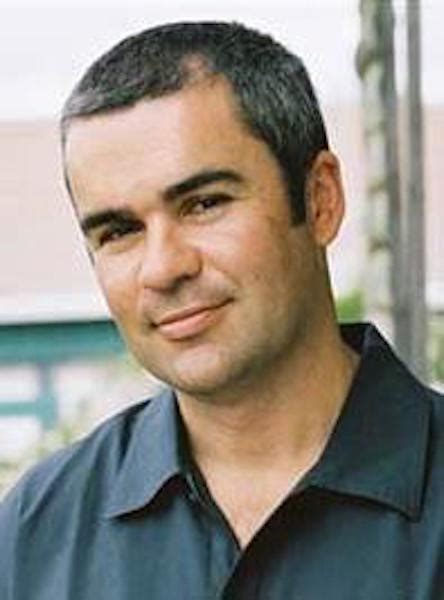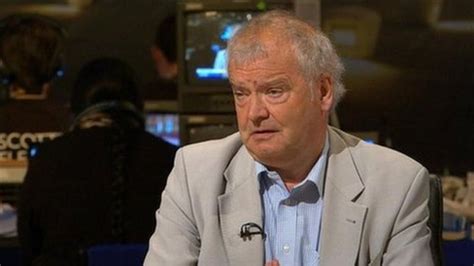A Quote by Bernard Beckett
Our world is limited by the machinery we carry. Its very different to the 18th and 19th century Enlightenment scientists who were mostly men of God and thought it was their quest to uncover Gods great plan.
Related Quotes
Although the stories are very present in my book, and very present in my mind, what I was most interested in was the question of why it had attracted such a following in the 18th Century. It's less mysterious that it attracted a following in the Romantic period, and in the 19th Century, but the early 18th Century when the Rationalists fell in love with it...that was mysterious. What I wanted to look at was the forms of enchantment.
I was really interested in 20th century communalism and alternative communities, the boom of communes in the 60s and 70s. That led me back to the 19th century. I was shocked to find what I would describe as far more utopian ideas in the 19th century than in the 20th century. Not only were the ideas so extreme, but surprising people were adopting them.
Growing up as a black kid with a white father who loves you, who affirms you, who was part of your life is fundamentally different than what black people in my family were subjected to in the 19th century or the 18th century. But unfortunately, it doesn't change the old racial order. I think we need to let the old racial order just stay where it is and not seek to improve upon it. Not try to create more racial categories, because all that does is it makes a race stick around longer.
Unfortunately, 19th-century scientists were just as ready to jump to the conclusion that any guess about nature was an obvious fact, as were 17th-century sectarians to jump to the conclusion that any guess about Scripture was the obvious explanation . . . . and this clumsy collision of two very impatient forms of ignorance was known as the quarrel of Science and Religion.
The vast majority of those of Scots lineage living in the Ulster counties in the 18th century had come across, or their people had come across, in the 1690s. And they were victims of famine. Over that decade, 30000-50000 people were fleeing from that disaster. In terms of per capita loss, it was of the same order of magnitude as the Irish famine (of the 19th century).




































